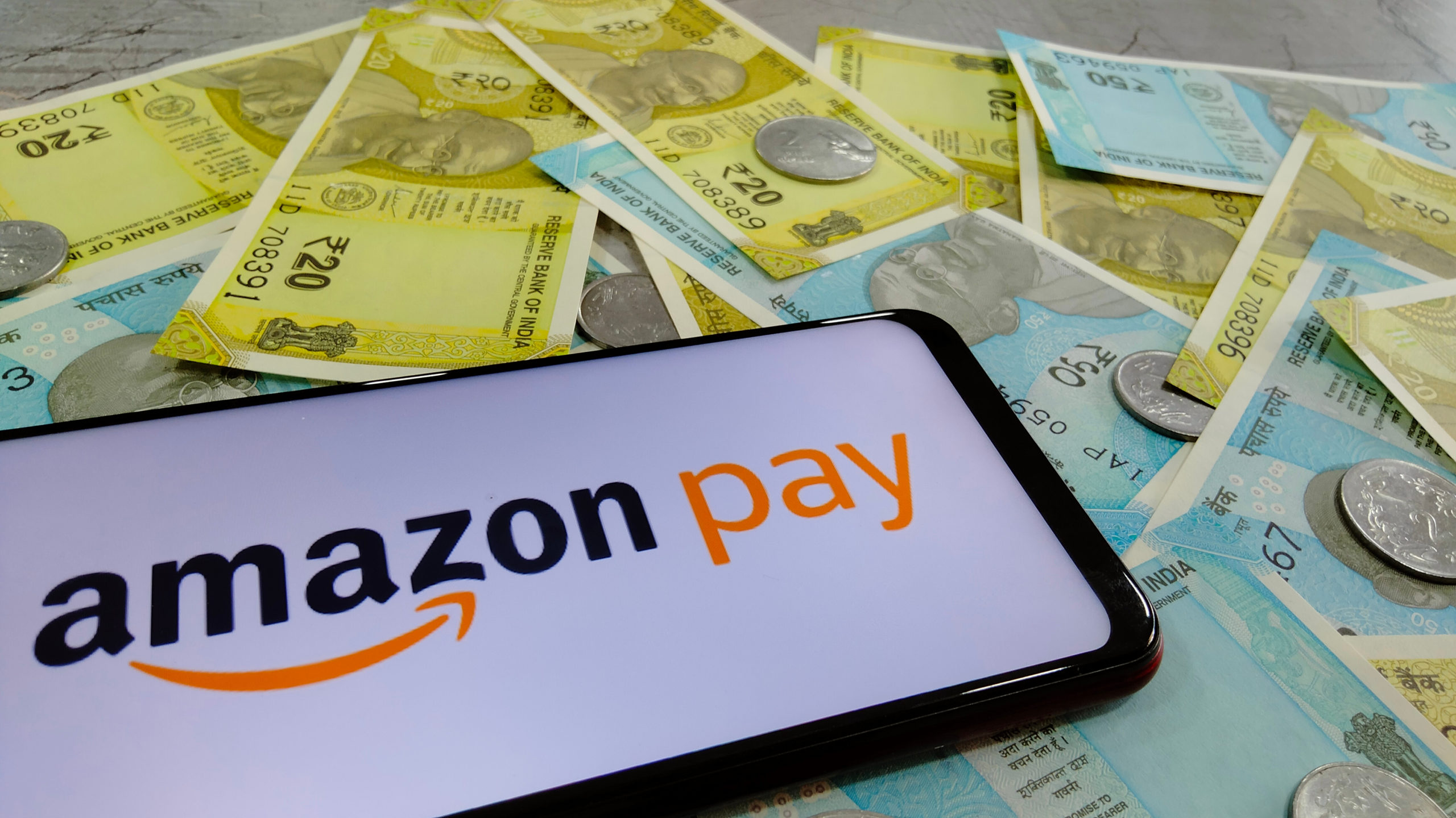U.S. e-commerce giant Amazon has reportedly injected INR 225 crore (USD 30 million) into its payments arm Amazon Pay in India through a Singapore unit and a Mauritius-based entity as it looks to further expand into the country’s burgeoning online payment space.
With this funding, Amazon Pay has raised a total of INR 450 crore from its parent company this year. Prior to this, Amazon India had infused INR 2,705 crore (USD 369 million) last year in its payment unit.
This round of investment will give two-year-old Amazon Pay a boost to compete in India’s already crowded digital payment market which includes established players like Paytm, GooglePay, PhonePe, and BharatPe.
Digital payment in India is seeing a huge uptick since last year when two-month-long lockdown changed user behavior in the world’s second-most populous country as people were forced to buy products online and pay for them digitally. Last year in October, government-backed payment ecosystem UPI (Unified Payments Interface), one of the most of used digital payment mechanisms because of its ease, crossed a billion transactions for the first time and has been growing since then.
While there are over half a dozen payment apps in the country, facilitating online transactions isn’t a revenue generating model for these companies. To promote digital payment, Indian government in 2019 scrapped payment charges, also known as MDR (Merchant Discount Rate), to incentivize merchants to accept payments digitally.
Currently, all the fintech companies are using UPI payment ecosystem to on board users—customers as well as businesses—in the hopes of cross-selling them other financial products such as micro loan, working capital loan, and insurance products.
Paytm, PhonePe, and Google Pay including others that have amassed millions of users on their platforms, already offer the financial products mentioned above. In its two years of operations, Amazon Pay has signed up close to five million merchants, it said last month. As part of its fintech offering, it provides ‘buy now pay later’ option to its users shopping on the app. However, it is yet to launch credit offering to small and medium enterprises, a service that its competitors are banking on to generate revenue.
